42 pages • 1 hour read
EuripidesHippolytus
Fiction | Play | Adult | Published in 428A modern alternative to SparkNotes and CliffsNotes, SuperSummary offers high-quality Study Guides with detailed chapter summaries and analysis of major themes, characters, and more.
Symbols & Motifs
Sex and Gender Roles
Euripides’s Hippolytus explores contemporary attitudes toward the sex and the gendered social and familial roles of men and women in ancient Greece. The gender norms and expectations that demarcate (and oppress) female life are prominent as a motif from early on. In their first ode, the Chorus remarks:
Unhappy is the compound of woman’s nature;
the torturing misery of helplessness,
the helplessness of childbirth and its madness,
are linked to it forever (161-64).
Marriage and childbearing did indeed constitute the central events of a woman’s life in ancient Greece. In the play, Phaedra feels powerless to act on her feelings for Hippolytus precisely because of her role as a wife and mother: To commit adultery would destroy her reputation but also hurt the prospects of her own children.
Hippolytus, less sensitive to the tyranny with which social and familial mores oppress female life, views women in a very harsh light. To Hippolytus, who spurns sex and marriage, women are the “coin which men find counterfeit” (619), a source of “eternal […] wickedness” (666). Whatever Phaedra’s failures may have been, though, Hippolytus also flouts gender norms and expectations, for by remaining abstinent he does not produce children and does not continue his bloodline, thus situating himself outside of the community.
Related Titles
By Euripides
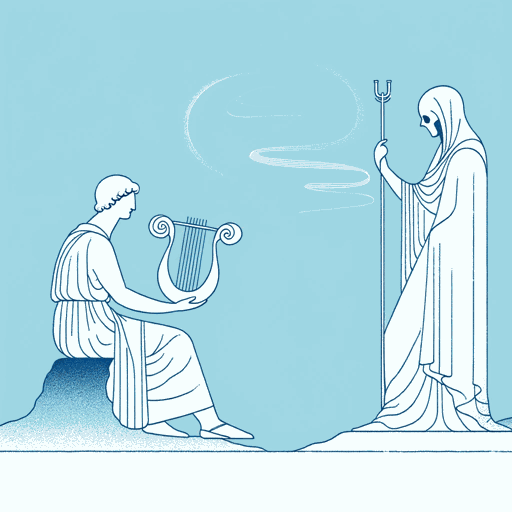
Alcestis
Euripides
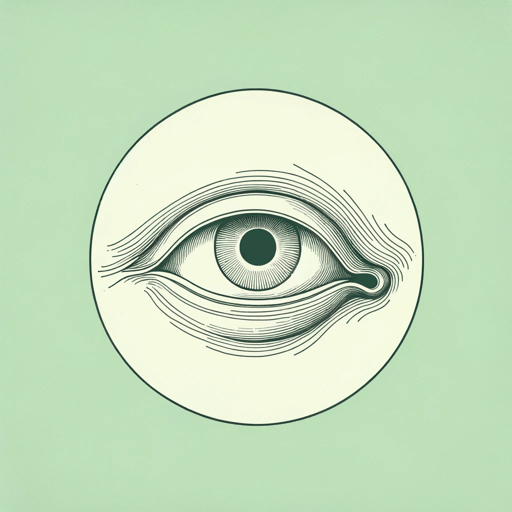
Cyclops
Euripides

Electra
Euripides
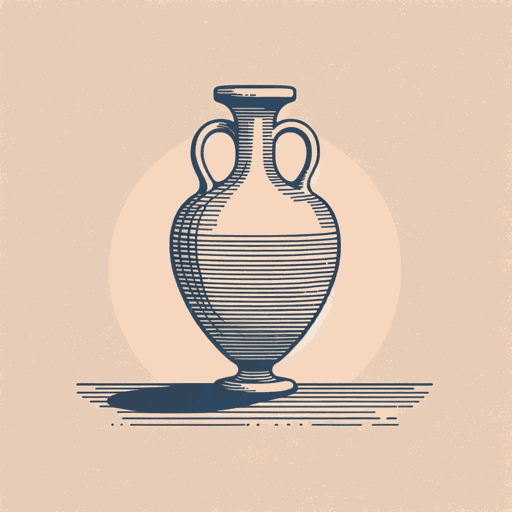
Hecuba
Euripides

Helen
Euripides
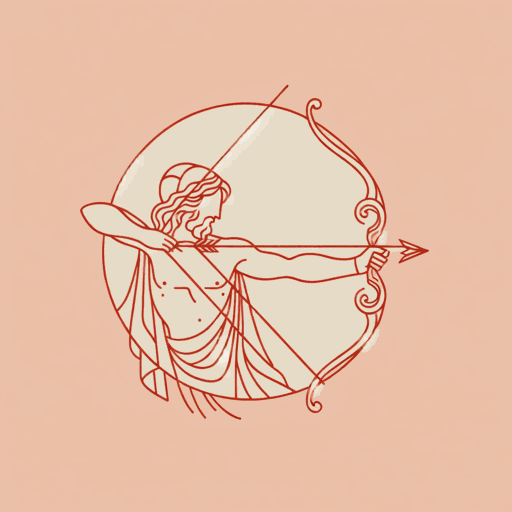
Heracles
Euripides

Ion
Ed. John C. Gilbert, Euripides

Iphigenia in Aulis
Euripides

Medea
Euripides

Orestes
Euripides
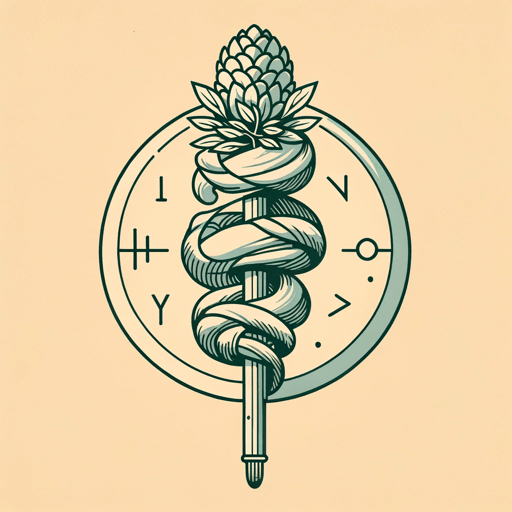
The Bacchae
Euripides

Trojan Women
Euripides
Featured Collections
Ancient Greece
View Collection
Books on Justice & Injustice
View Collection
Daughters & Sons
View Collection
Family
View Collection
Fate
View Collection
Mythology
View Collection
Pride Month Reads
View Collection
School Book List Titles
View Collection
Tragic Plays
View Collection
Truth & Lies
View Collection
Valentine's Day Reads: The Theme of Love
View Collection

